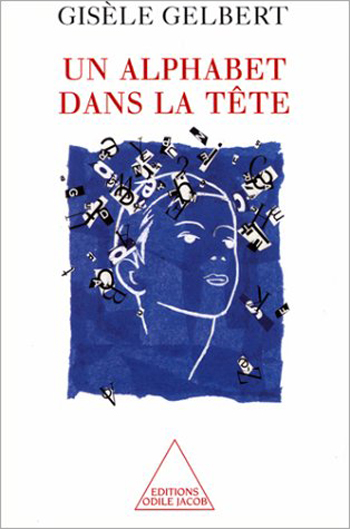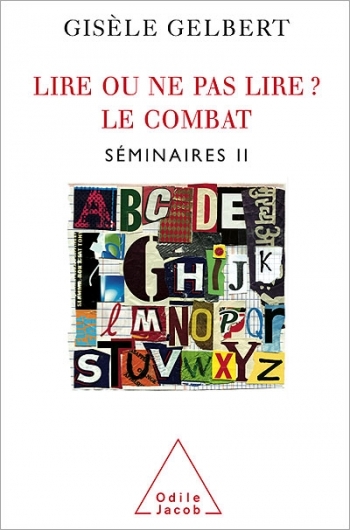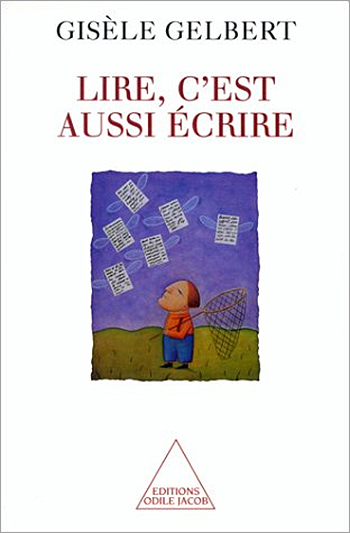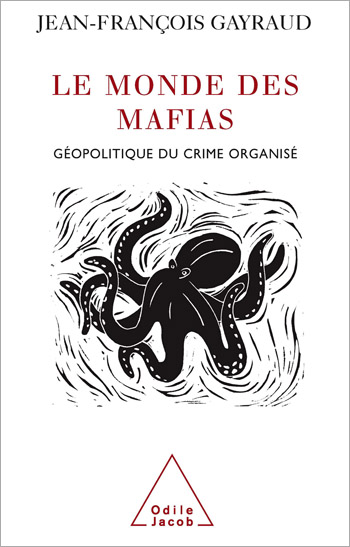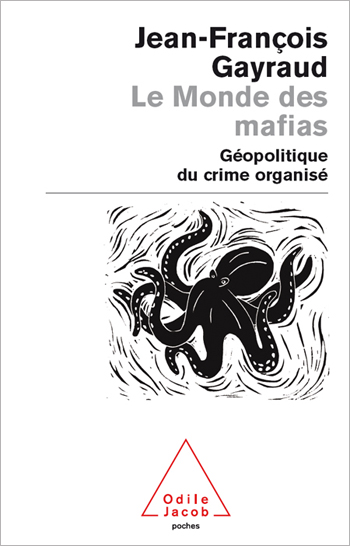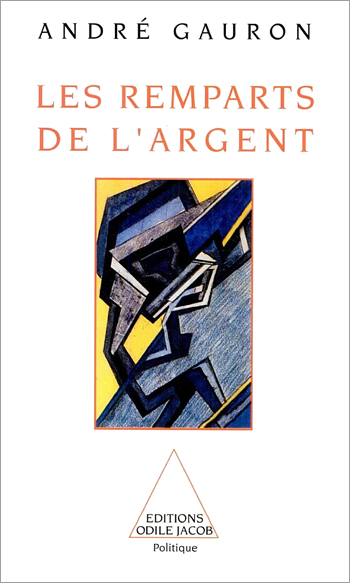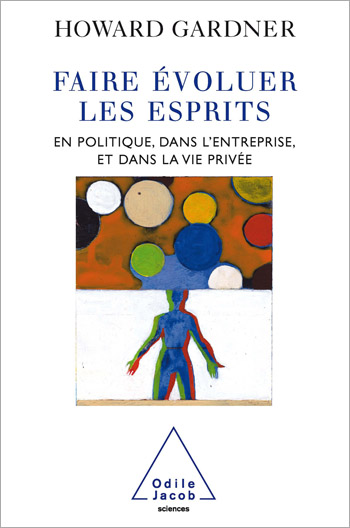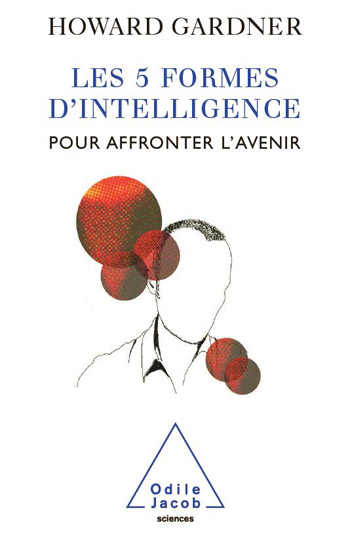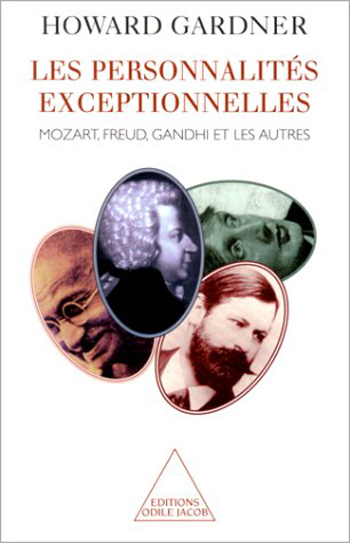Catalog All books
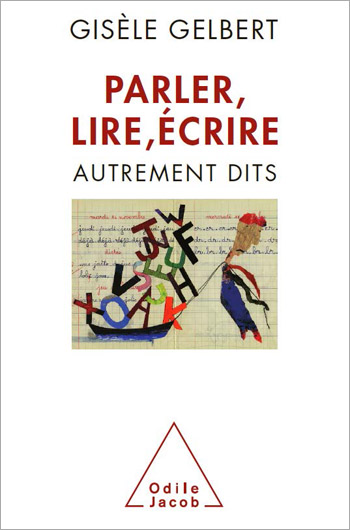
Gisèle Gelbert
Speaking, Reading, Writing In Other Words
A completely original approach to aphasic language disorders...

Sylvie Geismar-Wieviorka
Treating drug users From cold turkey to shooting galleries
A front-line doctor explains how to treat drug addicts
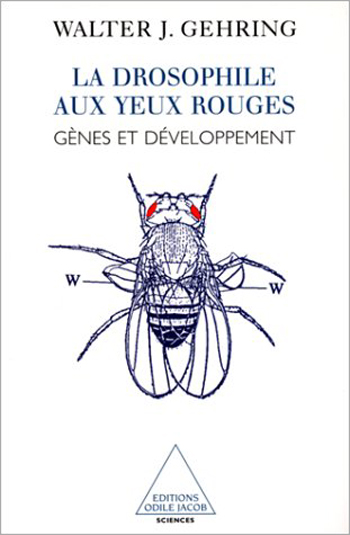
Walter J. Gehring
Master Control Genes in Development and Evolution: The Homeobox
What can be more amazing than an embryos development? How do the cells know that the eyes go on the face and not on a leg or some other part of the body? And why does this information sometimes go awry giving rise to a deformed creature? Walter J. Gehring, a renowned specialist in the genetics of embryonic development, traces recent developments in the field. Walter J. Gehring teaches cellular biology at the University of Basle, Switzerland.

Bernard Geberowicz
The Seven Virtues of Relationships A Special Alchemy
The keys to building a solid, lasting relationship

Michael S. Gazzaniga
The Social Brain
This book investigates the concepts of the "right brain" and the "left brain". According to the author the brain is most certainly made up of relatively autonomous modules which react independantly to environmental pressures. At least one of the modules, situated on the left side of the brain, is responsible for the interpretation of answers which may be contradictory with others, whereas yet another module on the same side translates into words the result of this interpretation. So, instead of being a unique, monolithic system that we imagined, the brain would appear to be a collectivity of systems - a social brain. This approach enlightens us as to the functioning of the human brain, and according to Gazzaniga, affects the very roots of our belief systems and societies. Renowned American neurologist, Michael Gazzaniga is Director of the Cognitive Neuroscience Division of Cornell University and chairman of Neuropsychology.
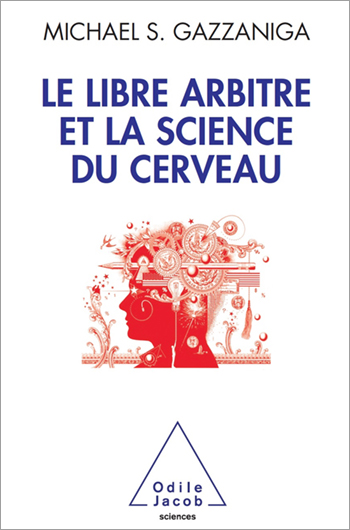
Michael S. Gazzaniga
Who’s in Charge? Free Will and the Science of the Brain
Are we really the masters of our actions and are we wholly responsible for what we do?

Mireille Gayraud-Andel , Marie-Pierre Poulat
Stuttering and How to Overcome It
This informative guide shows how to overcome stuttering and recover self-esteem.
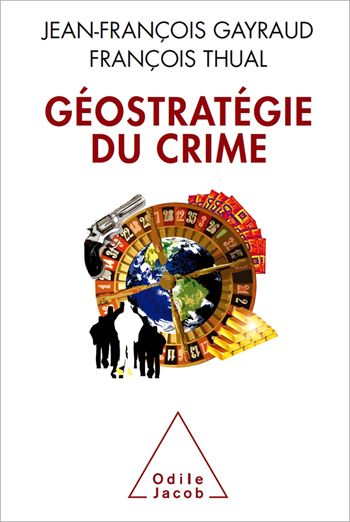
Jean-François Gayraud, François Thual
Geostrategy of Crime
Crime has not escaped from the effects of globalisation — with dire results. Two experts examine here the threats to our present and future security.
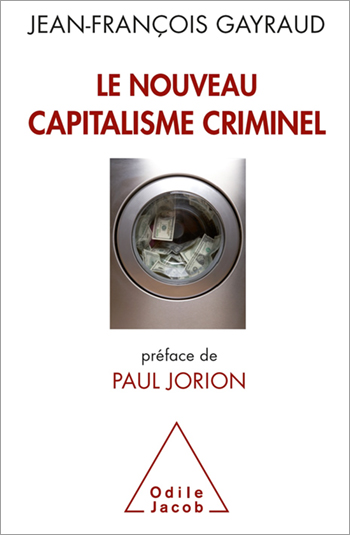
Jean-François Gayraud
A New Criminal Capitalism Financial crises, money laundering, high-frequency trading
How crime creeps into the heart of the global financial system — and perverts it
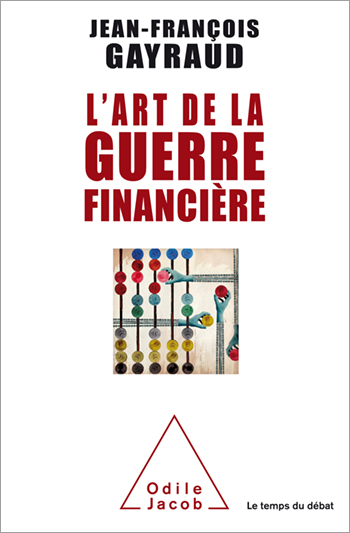
Jean-François Gayraud
The Art of Financial War
Finance is waging a war of encroachment against populations and states
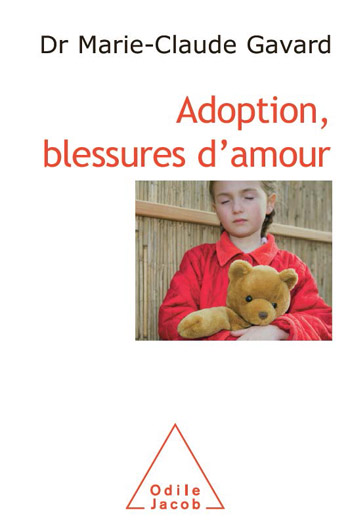
Marie-Claude Gavard
When Adoption Becomes a Nightmare
Defying the dominant view on adoption, the author lays bare the psychological difficulties involved.

Marie-Claude Gavard
Sixty Ways to Make Your Relationship a Success
In 60 points, the author explains how to rebuild a solid relationship.
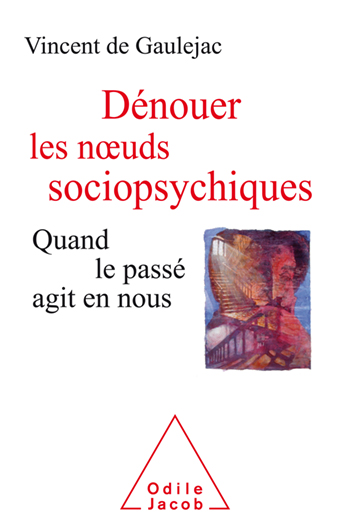
Vincent deGaulejac
Untangling Psychic Knots When the Past Acts in Me
This reflection is supported by very rich clinical material: victims of military dictatorships in South America; mothers of jihadists; people suffering from mental disorders, etc…
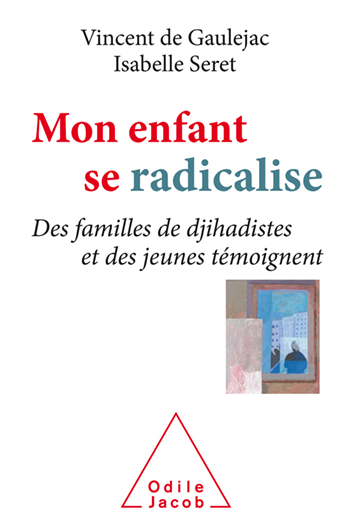
Vincent deGaulejac, Isabelle Seret
Preventing Radicalization: Jihadism, Terrorism
Undertaken first in Belgium shortly after the attacks that occurred in that country, this approach has received a great deal of attention from public authorities, and is seeing increasing interest in France, given the failure of de-radicalization policies.
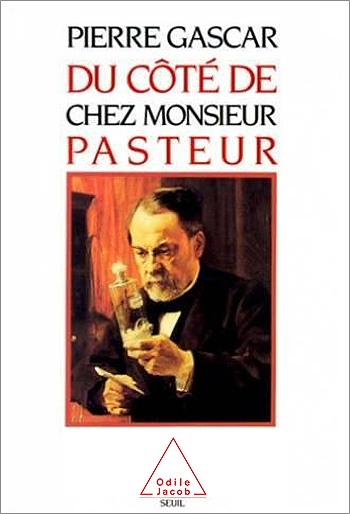
Pierre Gascar
A Look at the Home of Monsieur Pasteur
The spirit which inspired Pasteur's work is kept alive by the Institut Pasteur in Paris. From the discovery of the rabies virus and vaccine, to the Nobel Prize winning work of the Paris school of molecular biology, P. Gascar traces the history of an institution which has formed some of the finest biological minds of the century.
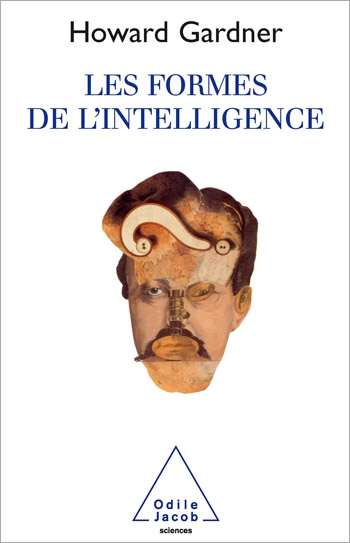
Howard Gardner
Multiple Intelligences
What is intelligence ? A precise, measurable and well-defined faculty ? No, says Howard Gardner, there a many different kinds of intelligence constituting the unique cognitive profile of each individual. This book opens new horizons for those who believe that intelligence is a phenomenon far too complex to be measured by simple I.Q. texts and explores new ways of comprehending human nature. Howard Gardner is a professor at Harvard University in the United States.

Howard Gardner
Creating Minds An Anatomy of Creativity Seen Through the Lives of Freud, Einstein, Picasso, Stravinsky, Eliot, Grah
What is creativity? Do there exist psychological traits common to all creative geniuses? Can one characterize creativity in different forms and in different areas? It is impossible to respond to these questions without examining variegated and specific cases of creative genius: artistic, literary, scientific and even political. Thus, Gardner proposes seven psychobiographies characteristic of each type of genius: Freud, Einstein, Picasso, Stravinsky, T.S. Eliot, Martha Graham, and Gandhi. What were the different paths that they chose? How did their creative spirits work? Howard Gardner is a cognitive psychologist.

Howard Gardner
Truth, Beauty, and Goodness Reframed Educating for the Virtues in the Twenty-First Century
Truth, Beauty, and Goodness Reframed is an approachable primer on the foundations of ethics in the modern age.

Paul Garde
The End of the Century in the Balkans
Fortunately, the situation is less tragic in 2000 than it was in 1992. There is no more fighting. And yet, none of the problems have been resolved and several conflicts remain pending. In two regions, Bosnia and Kosovo, peace is maintained thanks to a powerful international presence; hundreds of thousands of refugees have no hope of returning to their homes; most of the main criminals of war are still at large; and intolerance and poverty are widespread. It is thus necessary to make a correct diagnosis of the problems of the region, where surprises are always possible. I would be happy if this book could help contribute toward this. Paul Garde Paul Garde is a former professor of Slavic languages and literature at the University of Provence, France.

